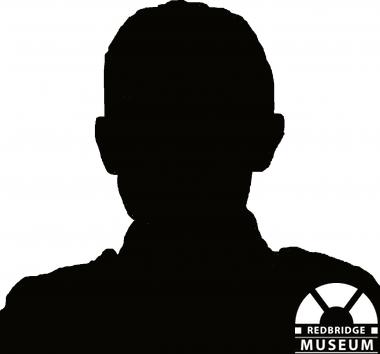
Harry William Wright was born in Battersea, south London, in 1890. He was the only son of pianoforte maker and repairer Henry Wright and his wife, Esther. Harry had two sisters, Florence and Mona. In 1911, the family was living at 14 Kensington Gardens, Ilford. Harry was working as a bank clerk.
Harry enlisted with the 1st Battalion, the Gordon Highlanders, in 1914. He was sent to Belgium and was killed in action six days before Christmas, on 19th December 1915. The Battalion war diaries state that: ’18th-19th December saw heavy bombardment, tear gas shells, heavy rifle fire, and very intensive shelling with a number of losses.’ Harry is buried at La Clytte (Klitje) Military Cemetery, Belgium.
Research by Patrick O’Mara and Redbridge Museum
Sources:
Commonwealth War Graves Commission
Ancestry.com
Further information reproduced from Ilford Scottish Association book of Remembrance (a book of Remembrance for soldiers who fought in the First World War produced by Ilford Scottish Association c.1920)
Only, son of Mr and Mrs. Henry Wright, of Ilford, formerly of Montrose. Was born in London in 1889. After receiving his education at Christs’ Hospital, Horsham, obtaining an appointment in the National Bank of India, Bishopsgate. Early in 1908 joined the 14th Battalion County of London Regiment (London Scottish) and was mobilised on 4th August 1914. During the following month, while holding the rank of Corporal, went to France with the first contingent of the London Scottish and was in action at Messines and Ypres. Entering the Officers’ Training School at Bailleu March,1915, was gazetted a month later and attached to the 1st Battalion Gordon Highlanders, with which regiment he was almost immediately in action at Ypres as Company Commander. Sustained cut eyeball there and was home on sick leave until 1st October, when he was again Ypres salient. There, during heavy engagement, was killed by, fragment of shell on 19th December, 1915, after having with great courage and coolness succeeded in placing men of his company in comparative safety, thereby exposing himself. A good soldier and splendid officer, his heroic death was in harmony with his whole life.
